Pastoralists and farmers in northern Kenya counties are set to benefit from the recently concluded Kenya-United Arab Emirates Comprehensive Economic Partnership Agreement that is expected to expand the meat export market among others. This announcement was made during the Lamu, Tana River, Garissa, Wajir and Mandera County Investment Conference which was held in Lamu County last week.
Over 70% of the population in the five counties are engaged in livestock farming as economic activity and thousands of cattle, sheep and goats are traded daily in the various livestock markets. However, climate-related disasters make it hard for these communities to consistently benefit from the trade. The enhanced market is expected to attract investors to set up abattoirs, meat and livestock product processing plants in the region; directly benefiting the pastoralists.
Speaking during the conference, the Cabinet Secretary for Trade, Industry and Investment, Rebecca Miano reiterated the support that the ministry is providing to the agriculture and livestock sector in the country through individual farmers and micro, small and medium enterprises.
“Clearly, northern Kenya is open for business. As a ministry, we are continuously seeking partnerships with domestic and international investors to spur the northern region’s economic transformation. We recently concluded discussions on the Kenya-United Arab Emirates Comprehensive Economic Partnership Agreement that opens preferential export markets within the gulf region and the meat value chain will be largely benefit,” remarked the CS Miano.
The conference which was organized by USAID Kuza and themed Unveiling Opportunities: redefining Northern Kenya as an Investable Destination convened impact investors, policymakers, entrepreneurs, and development partners to explore the potential of northern Kenya.
To further support the livestock sector value addition, the cabinet secretary directed the Kenya Promotion and Branding Agency (KEPROBA) to engage the five counties to device workable strategies to improve the branding of their products for sale outside the country and for export.
The region offers investors a diverse range of potential ventures including investments in value-added processing facilities to reduce post-harvest losses and improve market access for agricultural products, modern fodder production techniques, efficient water-irrigation systems to optimize water usage, research on resilient seed varieties to ensure consistent crop yields, and training programs for farmers on climate-smart practices.
Other key discussions during the conference included the importance of adoption of climate- smart agricultural practices to build resilience and guarantee food security.
The importance of proper waste disposal, especially in coastal areas, was also emphasized. This will help safeguard marine life from plastic pollution and reduce the risk of plastic poisoning in seafood consumed locally and potentially exported.
Discussions recognized peacebuilding efforts as crucial for creating a stable environment for investment. Managing disaster risks was seen as essential for attracting investment and ensuring long-term prosperity. The conference also identified improving trade relations among the counties as a key driver of regional economic growth.
Exploring innovative financing models, such as Public-Private Partnerships (PPPs), emerged as a potential way to accelerate infrastructure development. Boosting livestock productivity was identified as a strategy for strengthening the regional economy, while promoting youth participation in agriculture was seen as vital for the long-term sustainability of the sector.
USAID Kuza plans to host another joint conference for all Frontier Counties in October 2024 underscoring the ongoing commitment to fostering collaboration and progress in the region.
Read: USAID LMS to showcase Northern Kenya’s livestock sector gains at the Meat Expo 2024
>>> USAID Kuza To Hold Investment Conferences In Northern Kenya

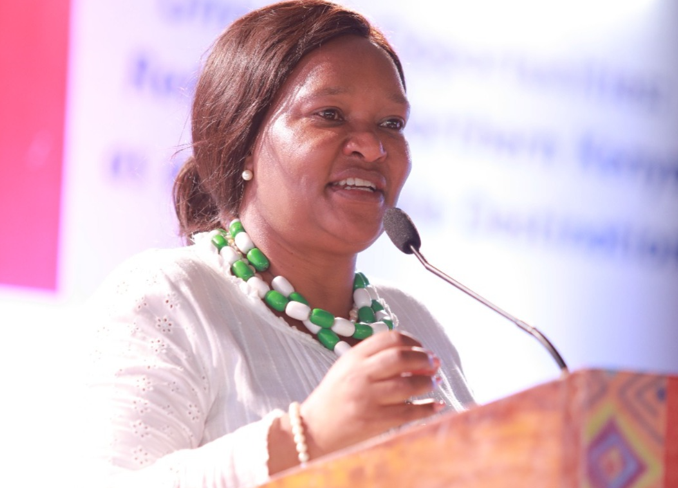


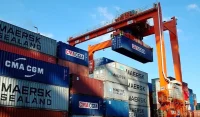

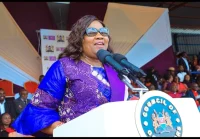












































![Pula Co-Founders and Co-CEOs, Rose Goslinga & Thomas Njeru. Pula provides agricultural insurance and digital products to help smallholder farmers manage climate risks, improve farming practices and increase their incomes. [ Photo / Courtesy ]](https://businesstoday.co.ke/wp-content/uploads/2021/01/Pula-Co-Founders-and-Co-CEOs-Thomas-Njeru-Rose-Goslinga.jpg)
























































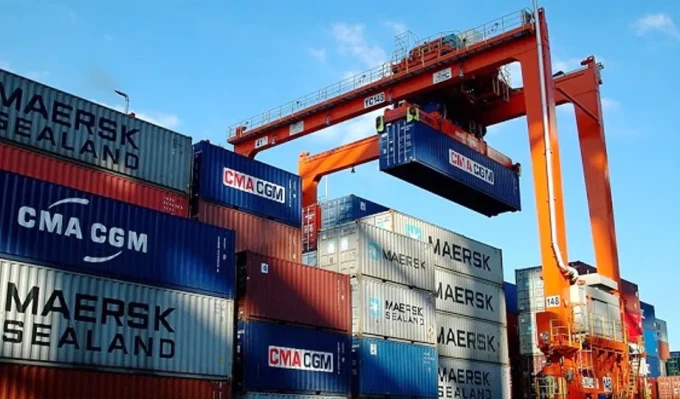
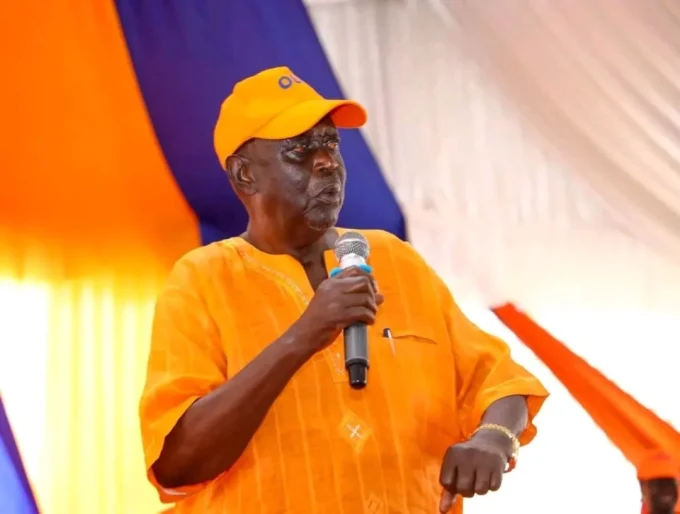
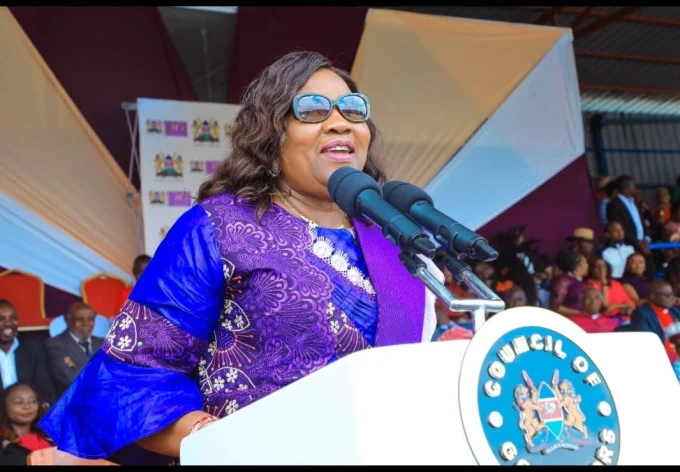
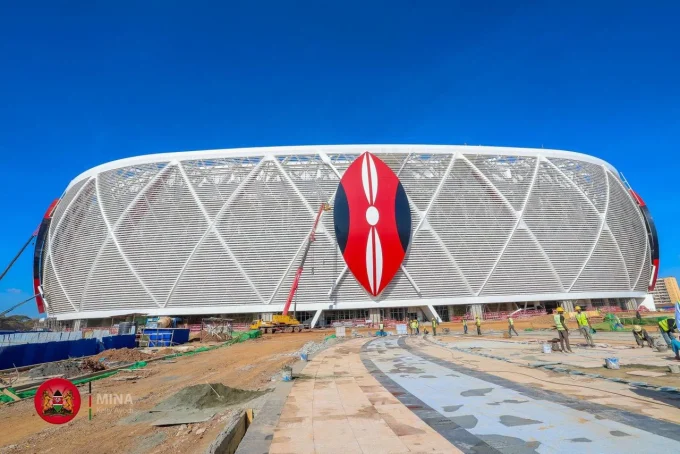
Leave a comment